Credit Suisse, the second-biggest bank in Switzerland, was on course to shed a quarter of its value as fallout from the collapse of SVB and Signature banks crosses the Atlantic Ocean.
Credit Suisse is particularly vulnerable because of a string of scandals that have undermined the confidence of investors and clients. Trading in Credit Suisse shares was halted after Saudi National Bank, Credit Suisse’s biggest investor, declined to shore up the stock price any longer by buying shares.
“We cannot because we would go above 10%. It’s a regulatory issue,” SNB chairman Ammar Al Khudairy told Reuters.
Meanwhile, Dow futures dropped 600 points. Skittish investors are also reading some troubling data on retail sales (down) and wholesale inflation (up).
“You’re going to see a credit crunch happening in the United States and that’s starting to get priced into the market in a dramatic way,” Mike Novogratz, CEO of Galaxy Digital, a financial technology and investment management firm, said in an interview with CNBC’s Squawk Box.
On Wall Street, the S&P 500 fell 1.6 percent at the open of trading, reversing all of the previous day’s gains. European markets were also hard hit, with stocks of many of the region’s biggest banks falling sharply, as anxiety persists about the fallout from the collapse of Silicon Valley Bank and Signature Bank, which were seized by regulators after suffering devastating runs on deposits.
More worrisome to American consumers is the continued steep decline in regional bank stocks. The consolidation of the banking industry in the last two decades means that the majority of banks now belong to regional networks.
The shares of midsize U.S. regional banks that have been hit hard after Silicon Valley Bank collapsed resumed their declines. First Republic Bank slipped 24 percent, PacWest fell 14 percent, Western Alliance lost 7 percent and Zions Bank dropped more than 5 percent.
Shortly before the market opened, S&P Global Ratings cut the credit rating of First Republic by several notches, into so-called junk territory. “We believe the risk of deposit outflows is elevated,” the ratings agency said, noting that the bank’s deposit base is more concentrated than many other banks, with a large share commercial clients holding balances above the $250,000 limit insured by the government.
All of this points to the Federal Reserve standing pat on raising interest rates when they meet later this month. Despite inflation still being at 6%, any effort to chill inflation with bank volatility where it is would be ill-advised.
“Fed is nuts if they think they can tighten,” said Andrew Brenner, the head of international fixed income at National Alliance Securities. “They will break the bank system if they keep thinking like this.”
Well, that’s a little hysterical. But Brenner isn’t wrong in pointing out that the whole banking system is fragile right now and doesn’t need a huge interest rate shock.
We’re rapidly approaching a moment where partisan concerns about the economy will need to take a temporary backseat to the reality that psychological pressure to undermine the government’s response to the crisis might result in temporary political gain but could also tip the nation into a banking crisis that serves no partisan purpose.

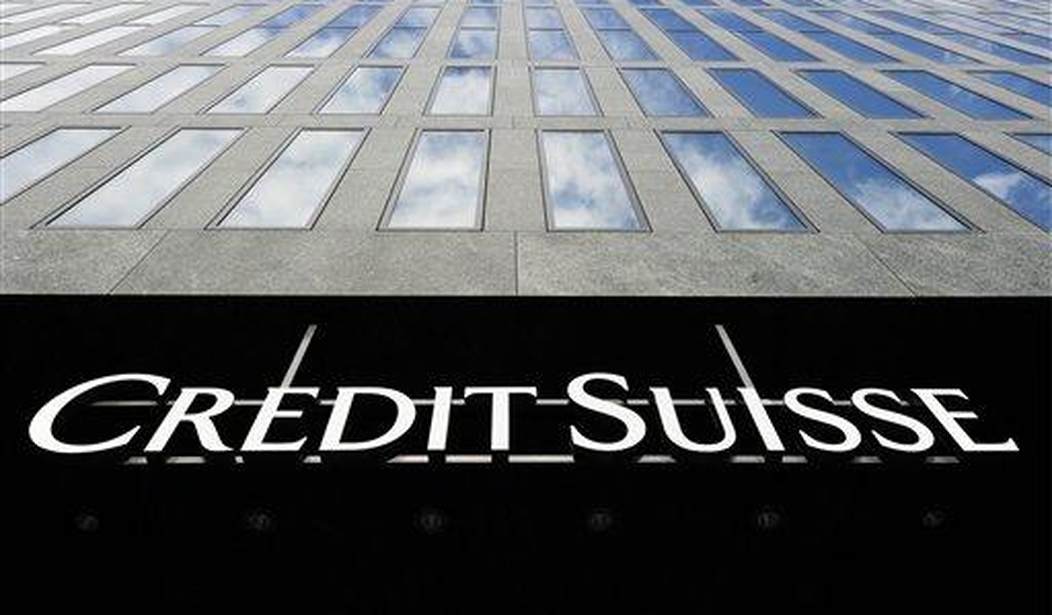


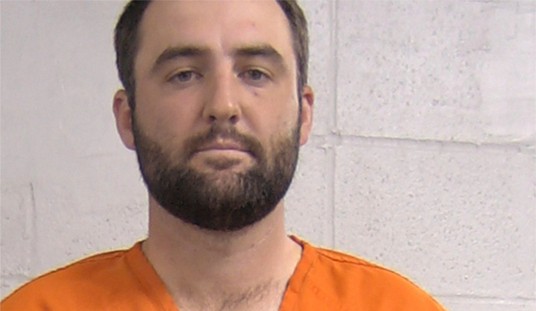
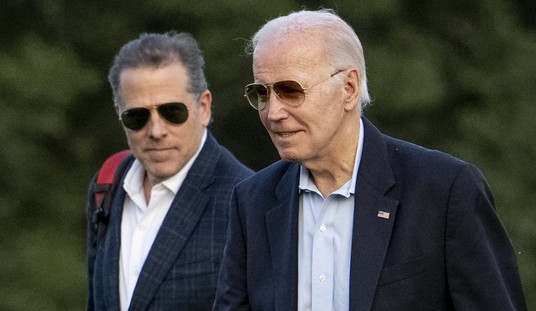
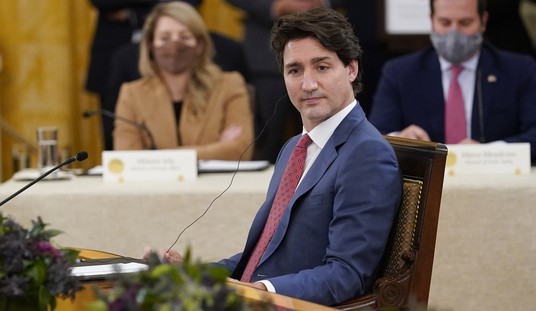
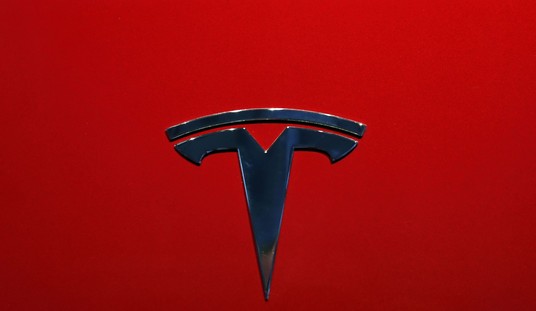
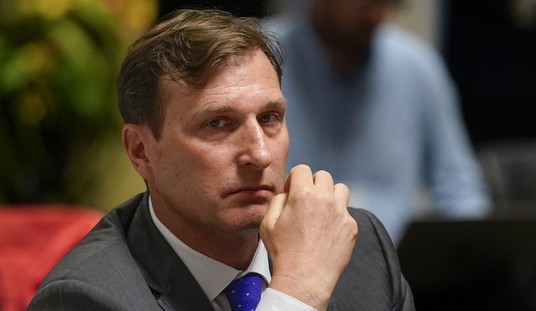
Join the conversation as a VIP Member